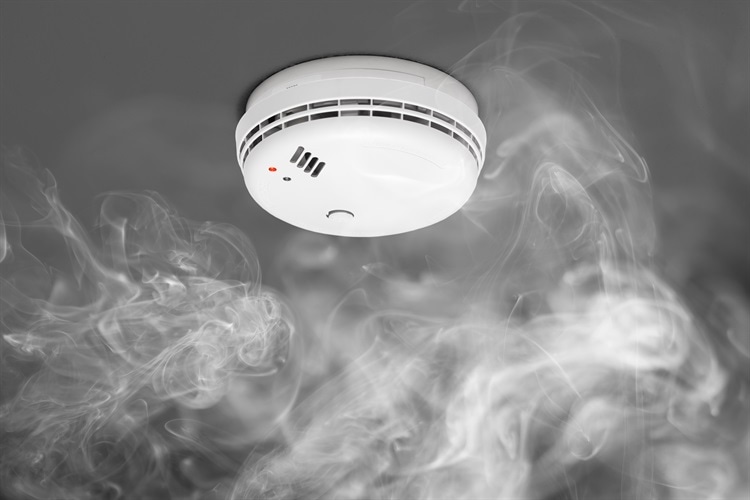Do you know the sounds of fire safety?
Smoke detectors that go off in the middle of the night due to low batteries can be really frustrating and lead to homeowners disabling them. But it’s important to maintain them because they are everyone’s first line of defense against fire in the home. Take a minute this week to check yours and your clients’ smoke detectors and replace the batteries. Here is some information and tips on fire safety and smoke alarms.
Did you know that smoke and carbon monoxide alarms make specific sounds for different situations?
• A continuous set of three loud beeps — beep, beep, beep — means smoke or fire. Get out, call 9-1-1, and stay out.
• A single chirp every 30 or 60 seconds means the battery is low and must be changed.
• Chirping that continues after the battery has been replaced means the alarm is at the end of its life and the entire unit must be replaced.
Homeowners sometimes unplug or remove the device after a false alarm. That’s a very dangerous move.
• The kitchen fire alarm is the one most likely to be removed because residents burn toast or food and don’t want to be bothered by the sound. Then they don’t bother to put it back in place. In home fire deaths, some 23 percent of smoke alarms had been purposely disconnected.
• Cooking is still the number one cause of home fires and injuries.
One of the most significant things you can do during Fire Prevention Week (Oct. 3-9, 2021), is to check your smoke alarms and:
• replace batteries and check the alarm to be sure it works.
• install another smoke alarm in a different area of the house, such as near bedrooms. Interconnected alarms that sound at the same time increase safety.
• consider having smoke alarms hard-wired into the electrical system. Permanent installation eliminates the task of changing batteries. Hard-wired alarms worked in 91 percent of home fires in recent years, while battery operated units worked only 75 percent of the time. More than half of smoke alarms in reported fires and two-thirds of alarms in homes with fire deaths were battery operated.
In home fire deaths, 23% of smoke alarms
had been purposely disconnected.

